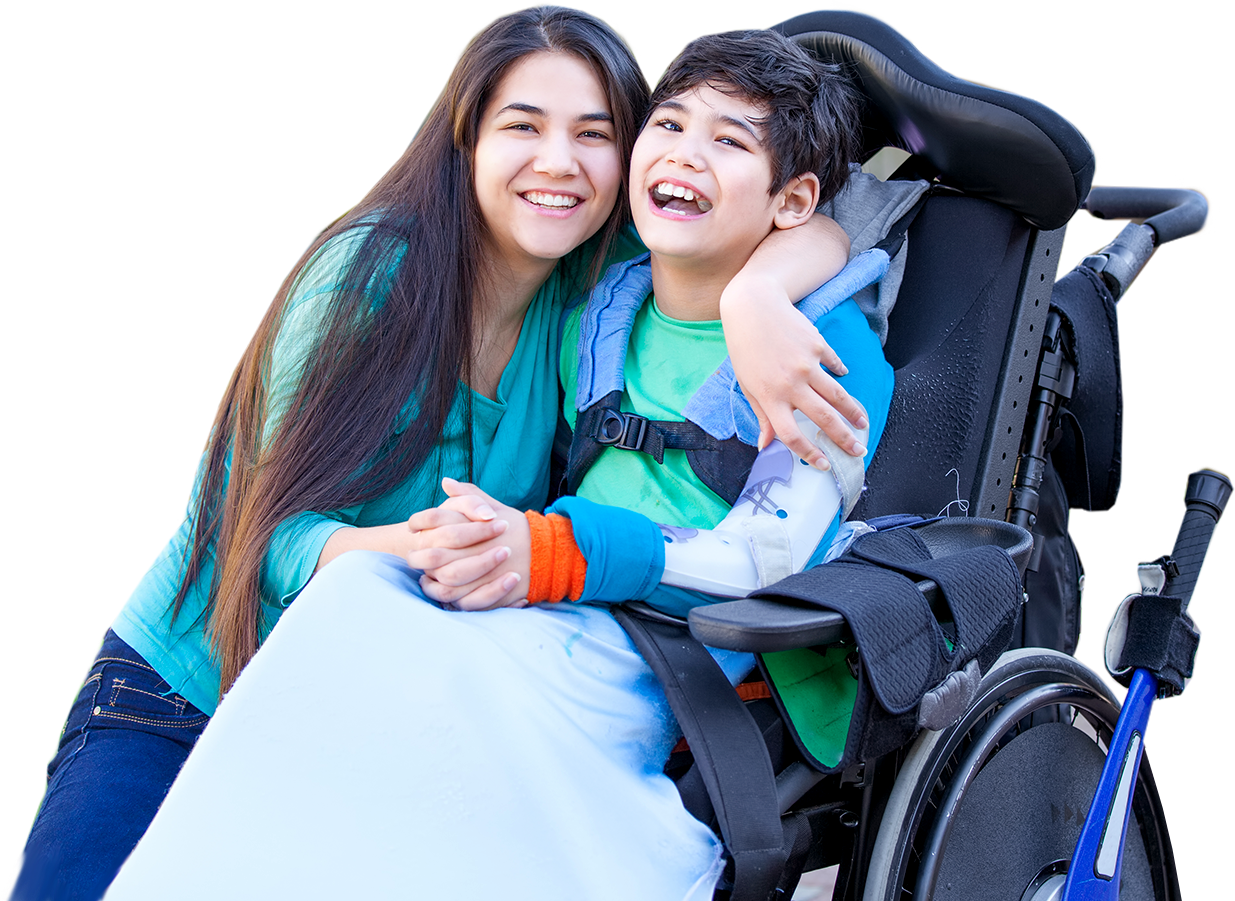Tips for Parents
tips from the CPFN community

- Alternative
- Assistive Technology
- Associated Conditions
- Birth Injury
- Causes of Cerebral Palsy
- Cerebral Palsy Diagnosis
- Cerebral Palsy Information
- Cerebral Palsy Therapies
- Cerebral Palsy Treatments
- Child Development
- Doctor Visits
- Education
- Equipment
- Featured
- Legal Help
- Medical Research
- News
- Patient Care
- Prenatal Care and Childbirth
- Stories
- Tips for Parents
- Types of Cerebral Palsy
- Updates
Posts in 'Tips for Parents'
How Do You Manage a Child with Cerebral Palsy?
A cerebral palsy diagnosis is a shock to the entire family, particularly parents, guardians, and others who are the primary caretakers of the child. Caring for a child with CP will not be easy, but there are some helpful strategies you can employ as you navigate parenting your child with CP. What Does Caring for... Read More
Improving Quality of Life in Children with Cerebral Palsy
A cerebral palsy diagnosis can greatly impact the quality of life for both a child and their entire family. Although living with cerebral palsy may necessitate various changes and accommodations, there are ways of improving the wellbeing, comfort, and happiness of children with cerebral palsy. What Impacts Quality of Life for Children With CP and... Read More
What Is the Average Life Expectancy for Children With Cerebral Palsy?
Families with children suffering cerebral palsy often wonder, “How long do people with cerebral palsy live?” Most children with cerebral palsy can have a long, productive life with the right care and treatment. This, of course, means they may need more medications, therapies, and medical interventions than children without it. For kids with cerebral palsy,... Read More
Cerebral Palsy Nutrition Guide
All children need a nutritious and balanced diet for healthy development. But children with cerebral palsy have certain physical challenges and potential nutritional deficiencies that make it crucial to carefully monitor and plan their daily diet. For those reasons, nutrition therapy is often an integral part of caring for a child with CP. Do Children... Read More
Cerebral Palsy and Dental Care
Cerebral palsy doesn’t cause oral abnormalities on its own, but children with cerebral palsy can be more susceptible to oral hygiene conditions and complications than the general population. Cerebral palsy dental care is an important part of managing your child’s life. With routine dental checkups and regularly practiced oral care at home, your child can... Read More
My Child With Cerebral Palsy Can’t Sleep
By Lee Vander Loop CP Family Network Editor I once saw a cartoon in the newspaper that featured a conversation between a sleep-deprived mom and dad arguing over who should get up for the 3 a.m. feeding. It was a reminder that sleeplessness is an inevitable part of parenting a newborn that most, at least... Read More
Adaptive Toys for Cerebral Palsy
Selecting toys for children that have cerebral palsy can present a challenge for some parents, friends, and caregivers. It’s important to choose toys that are easy for children with CP to use so that they can have fun safely, regardless of their difference in abilities. Rest assured that there are many options available. Switch-Adapted Toys... Read More
Wheelchairs for Cerebral Palsy
Cerebral palsy can lead to challenges that make it difficult for children to walk on their own. As symptoms and severity of CP vary, different types of wheelchairs may be most appropriate for different children. A wheelchair may make everyday activities easier for children with CP, improving the quality of life for both the child... Read More
Your Part in Obtaining a Letter of Medical Necessity
When your child needs a particular medication, therapy, treatment, or assistive device, your request to an insurance company, government agency or other funding source can sometimes be denied. Oftentimes they will require a letter of medical necessity, which is typically provided by your physician or therapist. Letters of medical necessity are critical to getting coverage... Read More
Choosing the Right Communication Device for Your Child with Cerebral Palsy
By Lee Vander Loop CP Family Network Editor For many children with cerebral palsy, communication is a struggle. Some may have a limited ability to learn and understand speech due to cognitive impairment. Others may have difficulty speaking clearly because of motor issues that result in poor control over their tongues, lips, and mouths. Although... Read More
